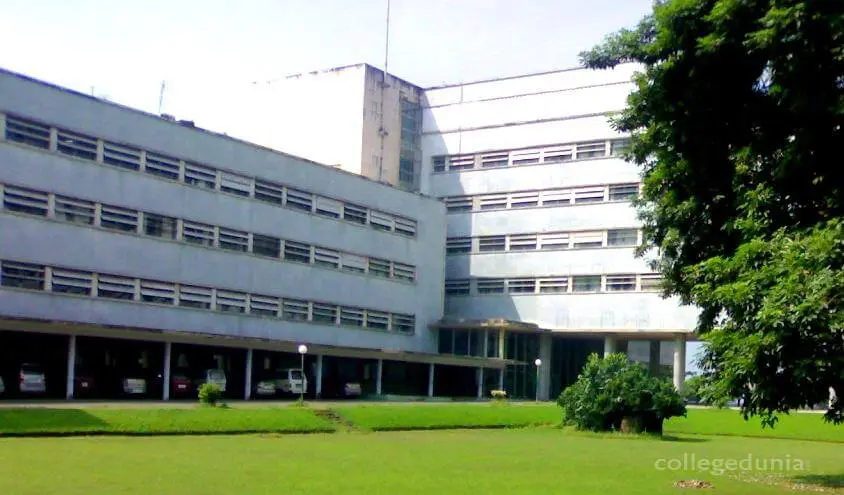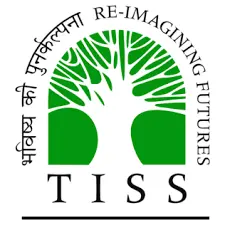Overview
The Tata Institute of Social Sciences also known TISS was established in 1936. It was earlier named as the Sir Dorabji Tata Graduate School of Social Work and was renamed as TISS in 1944. The year 1964 was an important milestone in the legacy of TISS. It was then that the TISS was declared as Deemed to be a University by UGC.
TISS has a history of collaboration with various other institutions in India. The institute also has academic as well as research collaborations with many other institutes and universities that include London School of Economics, Massachusetts Institute of Technology, Sciences Po, University of Chicago, and 12 other universities under the Erasmus Mundus program.
Academic Performance
The academic programs focus on the social sciences and it also offers doctoral degrees in Management and Development Studies, Education, Labour Studies, Disaster Studies, Law, Media and Cultural Studies, Gender Studies, Public Policy, Rural Development, Health Studies, and Social Work. TISS has a focus on extensive field action including in responding to various disasters such as the Partition of India, the Bhopal disaster as well as the Uttarakhand floods, since its inception. Several initiatives have shaped public policy in the country, for example, India’s labor welfare laws.
TISS has made a number of contributions to civil society public sector, and the development sector thus helped in planning, policy and foster critical rethinking, program formulation, and development of people-centered interventions as well. The role of various institutions like TISS in conducting frontline research and extension activities has in fact rooted in the context of societal realities that are actually aimed at influencing policy as well as practice for a much more positive social change, which is widely acknowledged.
Research & Development
The continuing areas of research include children and youth; human rights; labor and migration; community development; corporate social responsibility; mental health; governance; rural development; natural resources management; climate change; management; education; Dalits and Tribal; disaster food security; urban issues; and women and gender.
Research studies conducted at the Institute also result in numerous reports, publications as well as books. These publications later become public domain documents and all those are easily accessible and widely disseminated as well as used by a cross-section of people and other agencies for research purposes or even policy advocacy.
Notable Alumni
Padma Shri Anu Aga the billionaire businesswoman and social worker who was the Chairperson of Thermax, the current chairperson of Teach For India did her post-graduation in medical and psychiatric social work from Tata Institute of Social Sciences, Mumbai. Right Livelihood Award winner Medha Patkar, best known for “Narmada Bachao Andolan” has an M.A. in Social Work from Tata Institute of Social Sciences. Purnima Mane, former CEO and President of Pathfinder International, a respected expert on sexual and reproductive health worldwide holds a doctorate from TISS, Mumbai. Priti Patkar, co-founder director of Prerana known for its groundbreaking work in the red-light districts of Mumbai to protect children vulnerable to trafficking and commercial sexual exploitation earned a Gold Medal in M.A. in Social Work. Jeroo Billimoria, the social entrepreneur and founder of the international and Indian NGOs like Child and Health Finance International, Aflatoun International, Child Helpline International, Childline India Foundation, Childline India and Child Helpline International passed her M.A. in Social Work from TISS in 1988.

